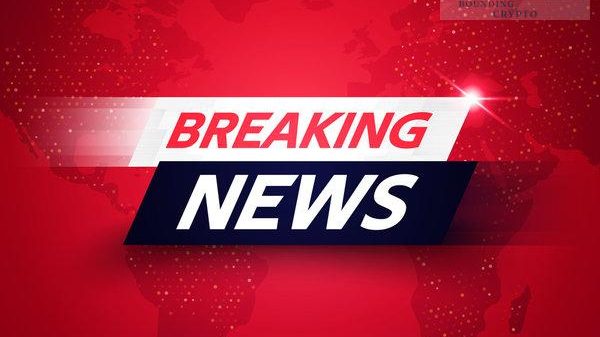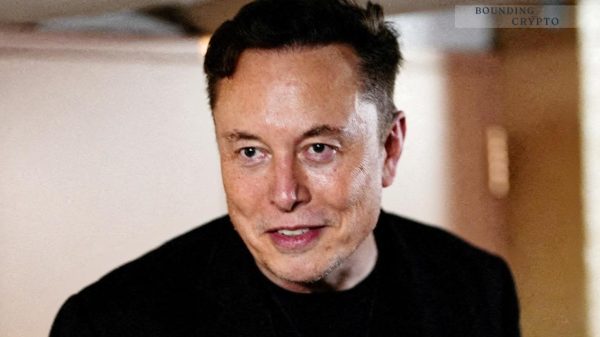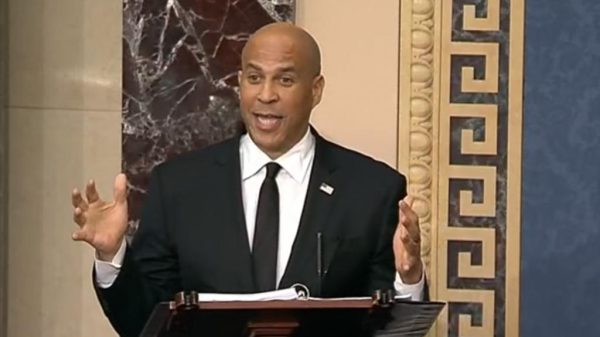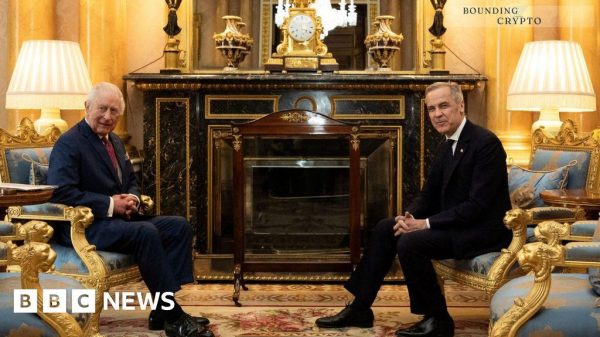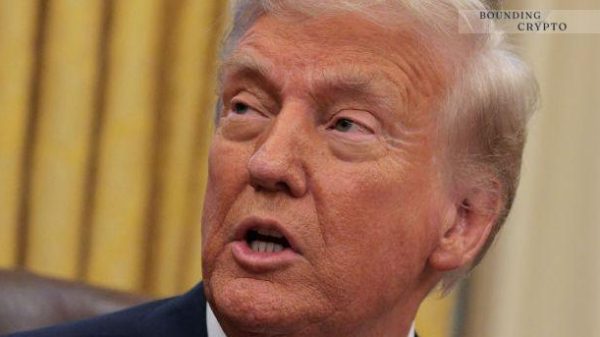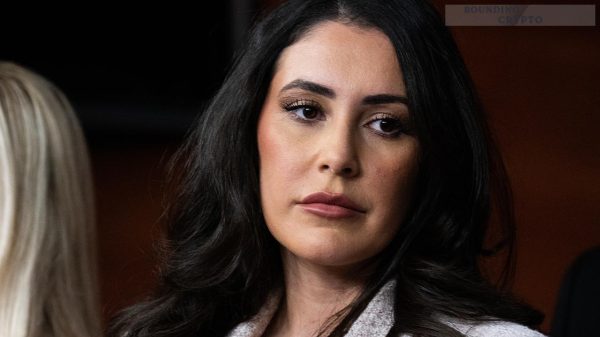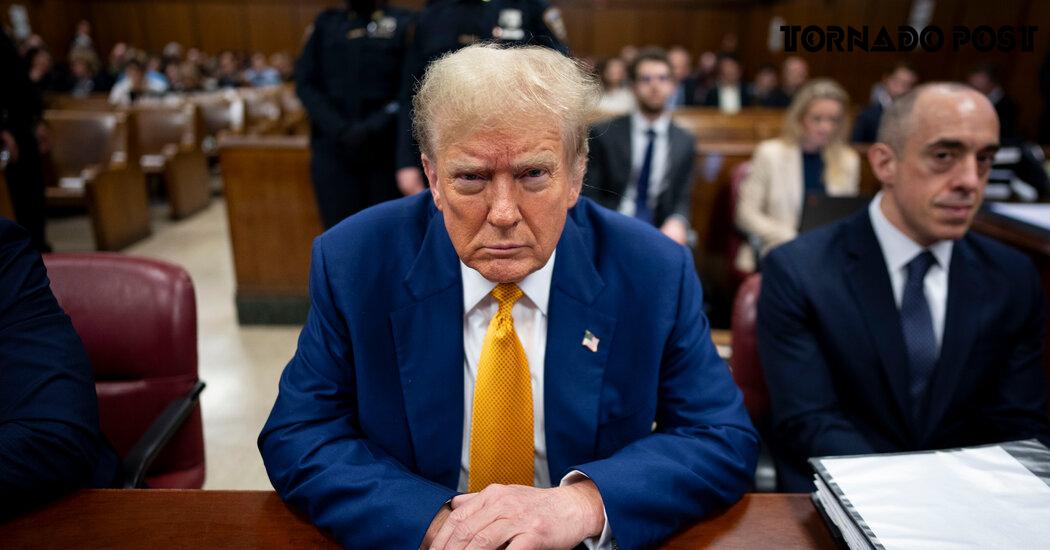A New York judge has made a significant ruling regarding former President Donald Trump’s sentencing, which is being closely watched as it comes just days before his expected inauguration for another term. This legal decision has captured the attention of many people across the nation.
Trump Faces Sentencing After Felony Conviction
Judge Juan Merchan will oversee Trump’s sentencing scheduled for January 10th. This date is particularly noteworthy because it falls just ten days before Trump is set to be inaugurated as president again. The trial has involved serious allegations concerning Trump’s actions related to hush money payments during the 2016 election.
Unconditional Discharge: What It Means
In a recent hearing, Judge Merchan indicated he is likely to impose an unconditional discharge, which means Trump would not receive any prison time beyond his felony conviction. While this decision seems lenient, it carries significant implications as it designates Trump as a convicted felon, marking a first in U.S. history for a president-elect.
Legal Battles Continue
- Judge Merchan denied Trump’s motion to dismiss his felony conviction.
- The judge rejected arguments that suggested presidential immunity played a role in this case.
- Trump’s lawyers have expressed intentions to continue fighting in higher courts.
The Charges Against Trump
Trump was found guilty on 34 counts of falsifying business records, which stemmed from a lengthy investigation into alleged hush money payments made to adult film actress Stormy Daniels. These payments raise questions about Trump’s transparency in business dealings and compliance with election laws.
What Happens Next?
As Trump prepares for his sentencing, there are many angles to consider. It’s possible he may attend the court session virtually, balancing his legal obligations while managing the transition back into the presidency. The judge’s indication of an unconditional discharge is not just a tactical decision; it’s a pivotal moment for Trump and his supporters in politics.
Public Reaction
Many around the country are keenly watching how this legal saga unfolds. Trump’s spokesman, Steven Cheung, criticized the judge’s decision as a violation of Supreme Court precedents and has promised that Trump will keep fighting against these legal challenges. The public has mixed feelings about this case, with some seeing it as a necessary step toward accountability and others viewing it as a politically motivated attack.
Could Trump Pardon Himself?
In the discussions surrounding Trump’s potential pardoning powers, legal experts mostly agree that he cannot pardon himself for state crimes like those he’s facing in New York. Nonetheless, this adds another layer of complexity to an already extraordinary scenario, raising questions about the intersections between law, politics, and presidential power.
Stay Informed
This unfolding story captures critical themes of justice, accountability, and the unique position that a former president occupies in the legal system. As the January 10th sentencing date approaches, both supporters and critics of Trump will be paying close attention to see how this historical case may continue to shape the future of American politics and law. Keeping an eye on credible news sources will help everyone stay updated on this significant legal moment.


